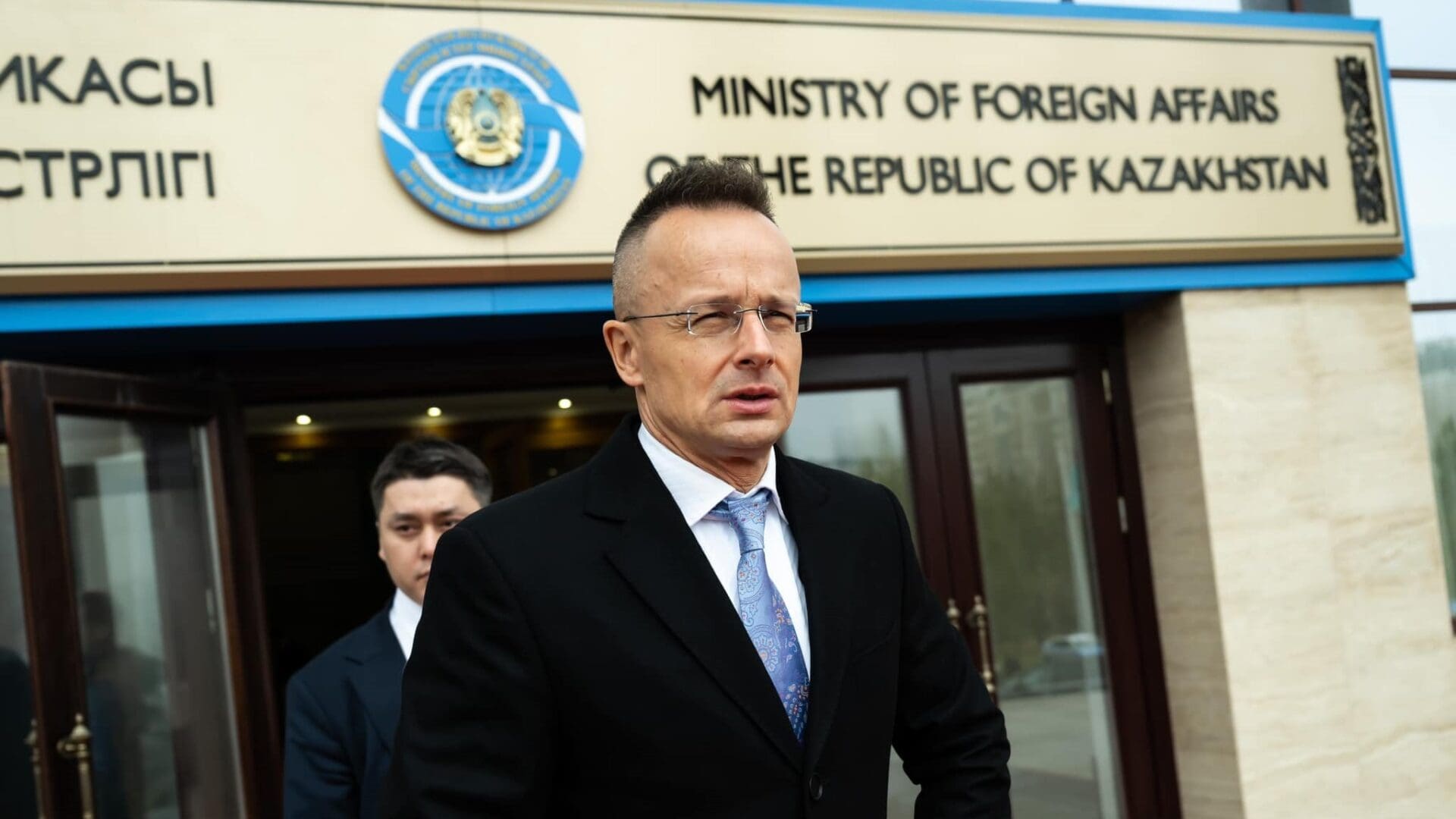The Organization of Turkic States (OTS) forms a bridge between East and West, and Hungary is ready to become a ‘European pillar in this bridge’, the Hungarian foreign minister said in Astana, Kazakhstan on Friday.
Péter Szijjártó told a meeting of the Council of Foreign Ministers of the OTS that global security was currently in the worst condition since the end of the Cold War. A war has been under way in Ukraine for more than 18 months and there is no progress towards peace, he reminded.
‘A number of European leaders unfortunately still suffer from war psychosis,
thinking that a solution can be found on the battlefield…We Hungarians would like to avoid further losses and destruction in Ukraine,’ he stressed. Additionally, a new armed conflict has started in Israel, in the direct vicinity of the continent, where the main task of the international community is to avoid a war between states, the foreign minister nailed down.
The growing threat of terror in Europe is a direct consequence of the migration policy forced by Brussels, which has resulted in parallel societies in a number of western European countries, he added. He also noted the sanctions against Russia, which he said resulted in ‘a continual crisis of energy security’.
Szijjártó expressed regret over a deterioration in Europe’s competitiveness, stating that a proof of this deterioration was that last year China overtook second position in the global list of countries ranked by GDP. Some European leaders have clearly made mistakes because the former model of economic growth built on the combination of highly developed Western technology with easily accessible and relatively cheap Eastern energy has collapsed, he said.
Certain Western European leaders talk about de-risking, which means the separation of Western and Eastern economies, including those of Europe and China. Szijjártó opined this would be a fatal blow to the European economy because the value of bilateral trade is currently around annual 860 billion euros. Europe’s actions progress in the direction of forming blocs, but Eastern Europe is against that as it has always lost out during history when a conflict developed between East and West, he reiterated, calling for connectivity and global cooperation instead.
He called the Organization of Turkic States a ‘champion’ of cooperation,
adding that a bridge must be formed between East and West and Hungary was ready to become a European pillar of that bridge. Hungary has a vested interest in strengthening OTS and increasing its contribution; it will join the Turkic Investment Fund with 100 million euros, the foreign minister announced. He welcomed the setting up of a Green Finance Council and said that Hungary considered sustainable development important and belonged among countries that were able to expand economic performance while reducing emissions.
At the end of November, Budapest will host the next expert meeting of the Transport Connectivity Programme, he highlighted. The Hungarian government is encouraging companies to carry out investments in OTS countries, and it is a great success that Hungarian oil giant MOL will start natural gas extraction in Kazakhstan later this year, the minister reminded.
Related articles:
Sources: Hungarian Conservative/KKM/MTI







